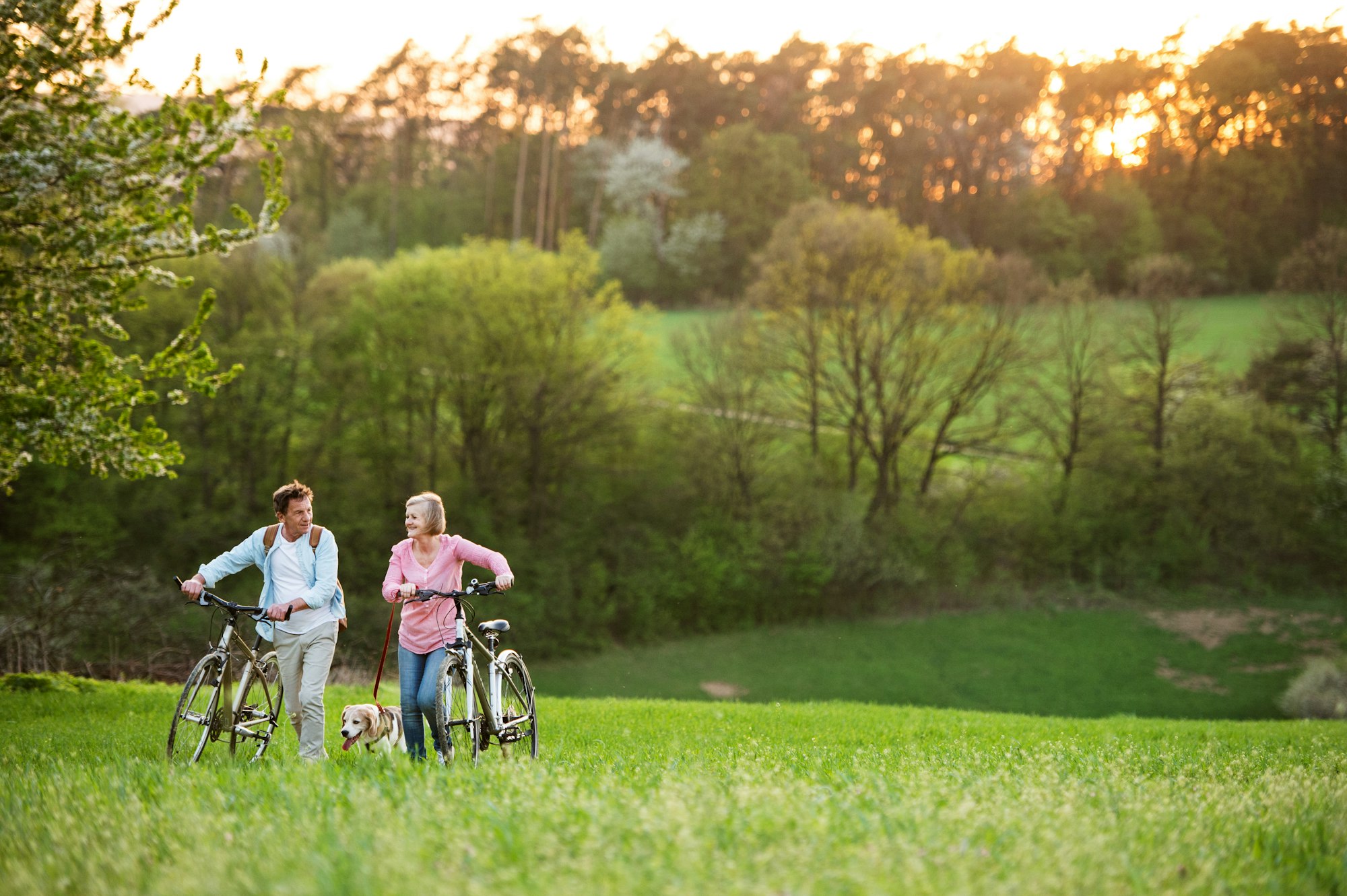In our fast-paced, technology-driven world, the healing power of nature offers a welcome respite for our minds, bodies, and spirits. Ecotherapy, also known as nature therapy or green therapy, harnesses the therapeutic benefits of the natural world to promote mental wellbeing and emotional balance. In this guide, we’ll explore the healing effects of ecotherapy on mental health and offer practical tips for incorporating nature into your self-care routine.
Understanding Ecotherapy
Ecotherapy is a form of therapy that integrates nature-based activities and environments into the healing process. From outdoor adventures and wilderness retreats to gardening, hiking, and nature walks, ecotherapy offers a holistic approach to mental wellness that nurtures the mind, body, and soul. By immersing ourselves in the sights, sounds, and sensations of the natural world, we can reduce stress, alleviate symptoms of anxiety and depression, and cultivate a greater sense of peace, connection, and vitality.
The Benefits of Ecotherapy for Mental Wellbeing
- Stress Reduction: Spending time in nature has been shown to lower cortisol levels, reduce blood pressure, and promote relaxation and stress relief. Whether it’s listening to the rustle of leaves in the wind, feeling the warmth of the sun on your skin, or breathing in the fresh scent of pine trees, nature has a calming effect on the nervous system that can help soothe frayed nerves and ease tension.
- Improved Mood: Exposure to natural environments has been linked to improvements in mood, self-esteem, and overall psychological well-being. Studies have shown that spending time in nature can boost levels of serotonin and dopamine, neurotransmitters that regulate mood and emotions, leading to feelings of happiness, contentment, and inner peace.
- Enhanced Cognitive Function: Nature has been found to enhance cognitive function and creativity, improve focus and attention, and reduce symptoms of attention deficit disorders. Whether it’s taking a leisurely stroll through a forest or meditating beside a babbling brook, spending time in natural settings can stimulate the brain and inspire new ideas and insights.
- Connection and Community: Ecotherapy offers opportunities for connection and community-building through shared outdoor activities and group experiences. Whether it’s joining a nature-based therapy group, volunteering in a community garden, or participating in outdoor group outings, ecotherapy fosters a sense of belonging, support, and camaraderie among participants.
- Deepening Connection to the Earth: By immersing ourselves in the natural world, we can deepen our connection to the earth and foster a sense of awe, reverence, and stewardship for the planet. Nature reminds us of our interconnectedness with all living beings and teaches us valuable lessons about resilience, adaptation, and the cycles of life.
Incorporating Ecotherapy into Your Self-Care Routine
- Spend Time Outdoors: Make a conscious effort to spend time outdoors each day, whether it’s taking a walk in the park, sitting in a garden, or simply soaking up the sunshine in your backyard. Even a few minutes of outdoor time can have a positive impact on your mental wellbeing.
- Engage in Nature-Based Activities: Explore nature-based activities that resonate with you, such as hiking, birdwatching, gardening, or nature photography. Find activities that bring you joy, relaxation, and a sense of connection to the natural world.
- Practice Mindfulness in Nature: Use nature as a backdrop for mindfulness practices such as meditation, deep breathing, or mindful walking. Take time to notice the sights, sounds, and sensations of the natural world around you, and allow yourself to be fully present in the moment.
- Connect with Others: Seek out opportunities to connect with others in nature, whether it’s joining a hiking group, participating in outdoor yoga classes, or volunteering for environmental conservation projects. Building connections with like-minded individuals can enhance your sense of community and support.
- Create a Nature-Inspired Sanctuary: Bring the healing power of nature into your home by incorporating elements of the outdoors into your living space. Fill your home with plants, natural light, and earthy textures to create a calming and rejuvenating environment that nurtures your spirit.
Conclusion
Ecotherapy offers a natural and accessible pathway to mental wellness, providing a sanctuary of healing and rejuvenation in the midst of our hectic modern lives. By immersing ourselves in the sights, sounds, and sensations of the natural world, we can reduce stress, improve mood, and cultivate a greater sense of connection, vitality, and inner peace. So take a step outside, breathe in the fresh air, and let nature be your guide on the journey toward greater mental wellbeing.















